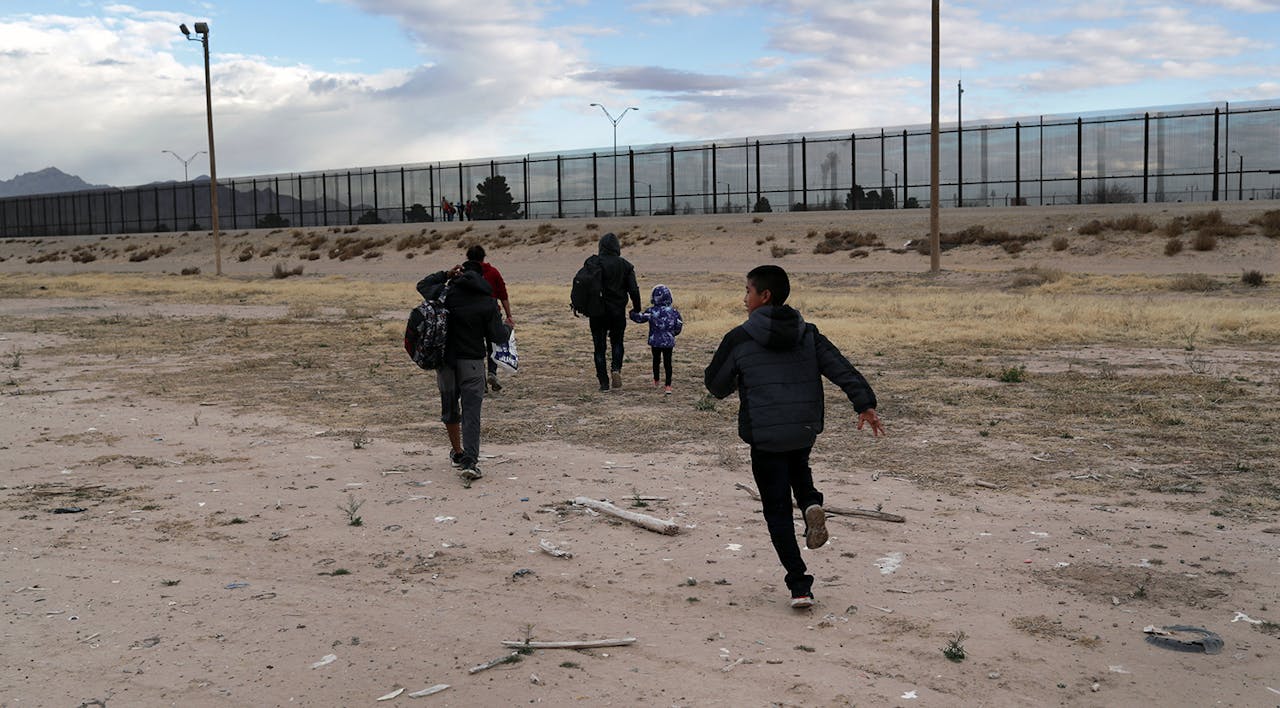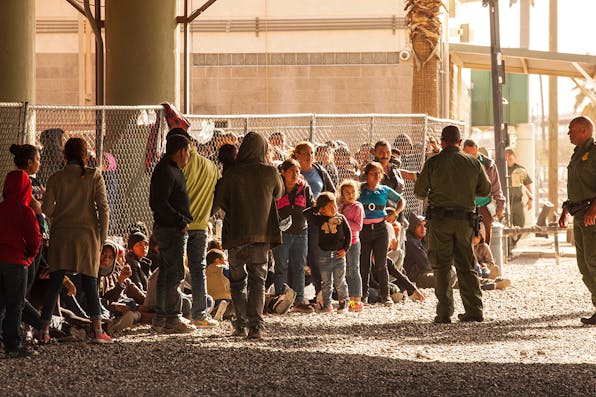
March 2019
Does Jewish History Have Anything to Say about America’s Immigration Mess?
As Jewish experience would suggest, a dichotomy embedded in the U.S. system distorts reality and makes for damaging policy.
As is all too clear from reading today’s headlines about Central Americans arriving at the southern American border, or Africans braving the Mediterranean in open boats, the immigration policies of America and the West are beset by a fundamental tension. It can be posed as a question: who is a migrant, and who qualifies as a refugee? The distinction between those two categories has become crucial to the functioning of America’s and most of the Western world’s immigration systems.
But that distinction is also of surprisingly recent vintage. The phenomenon of people moving from place to place in search of new opportunities or in flight from violence is as old as mankind. As a matter of law, however, the dichotomy that defines one as either a refugee or a migrant dates only to the middle of the 20th century. Until that point, the “normal” immigration systems of Western countries addressed immigrants as migrants. While not everyone applying for entry was moving for economic gain—many moved to be with family members, for instance—all were treated legally as though moving voluntarily.
The new understanding emerged in recognition of, and in reaction to, the widespread displacement and suffering in the wake of World War II and the bitter ethnic upheavals that accompanied decolonization. From about 1950 onward, this new understanding became codified in a series of treaties and agreements, and particularly in the creation of the Office of the UN High Commissioner for Refugees. As a matter of U.S. law, it was for a long time reflected primarily in pragmatic or ad-hoc accommodations. Indeed, it was only in 1980 that the U.S. formally defined “refugee” in the context of immigration law. Migrants, by contrast, then became those who were not refugees.
Responses to March ’s Essay

March 2019
The Migratory History of the Jews Has Little to Teach about Today’s Immigration Woes
By Christopher Caldwell
March 2019
Don’t Worry About Immigrants’ Ability to Succeed
By Linda Chavez
March 2019
Refugees, Migrants, Foreigners, and More
By Daniel Johnson
March 2019
How to Argue about the Immigration Mess
By Nicholas M. Gallagher